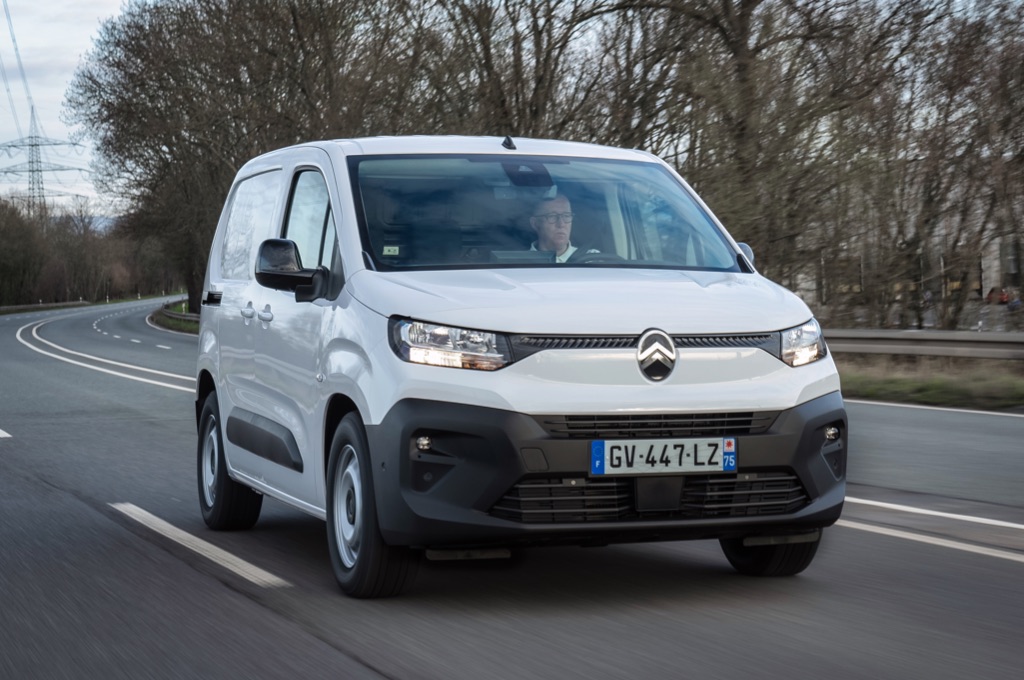If you’ve come to this page looking to see how much money you’ll have to pay in benefit-in-kind tax on an electric van used for personal use, we have good news. It’s zero pounds and zero pence, for the 2024/25 and 25/26 tax years at least.
There’s no need to break open a spreadsheet to work it all out – electric vans are rated at 0%, so they still need to be entered into your P11d form but there is no charge.
Compared to a conventional diesel van, plumping for an EV will save £792 per year at the basic rate and £1,584 is you are a higher rate taxpayer, as a commercial vehicle which is available for private use is considered a benefit worth £3,960 to HM Revenue and Customs (HMRC). Your employers will also save £546.48 in Class 1A National Insurance.

There is also no fuel benefit charge if your employer supplies all of the power for the van. That compares to a taxable benefit of £757 if fuel is provided for private journeys in a non-electric company van for private use.
There are no BIK tax benefits for driving a plug-in hybrid (PHEV) van, and you will be taxed at the same rate as a full-fat diesel. Unfair, but that’s how it is currently. Don’t blame us.
You’ll need to be careful with most crew vans though. Any panel van which can take passengers in rear seats will be considered a car from a BIK point of view and taxed as such. This will really sting if they are petrol or diesel but isn’t quite so awful if they’re powered by electricity. For example, a Citroen Berlingo crew van is in the 32% tax band for 2024/25, while an e-Berlingo is in 2% which means the tax you’ll pay is £151 per year if you are a lower rate payer or £302 for higher rate payers. While that’s far from free, it might be worth that if you want the convenience of rear seats.
The rules are different for pick ups though - double cabs with a payload of more than 1,000kg are still considered commercial vehicles.

When would I need to pay tax on my company van?
Even with an electric van, you still need to report it on your P11D form if it is available to you for personal use.
You do not have to report or pay anything to HMRC if your van is only used for business journeys or as a pool van. You do have to report vans or fuel if they’re part of a salary sacrifice arrangement.
The HMRC considers a ‘business journey’ any trip which is made as part of work, such as a service engineer travelling between appointments. Destinations which are ‘temporary places of work’ such as a building site are also included, but not commuting to a fixed workplace.
Vans used for ‘insignificant’ private journeys are exempt, for example making a slight detour to pick up a newspaper on the way to work. Limited private use of a van is alos allowed, but only if it’s incidental to a business journey, for example driving home to allow an early start the next morning
The amount you’ll pay in tax can be reduced if:
- The employee cannot use the van for 30 days in a row
- the employee pays to privately use the van
- other employees use the van - divide the tax liability by the number of employees
Bear in mind that all this can change at the whim of the Chancellor, but experts think any changes will be gradual so businesses and their employees can plan for the next few years at least.












